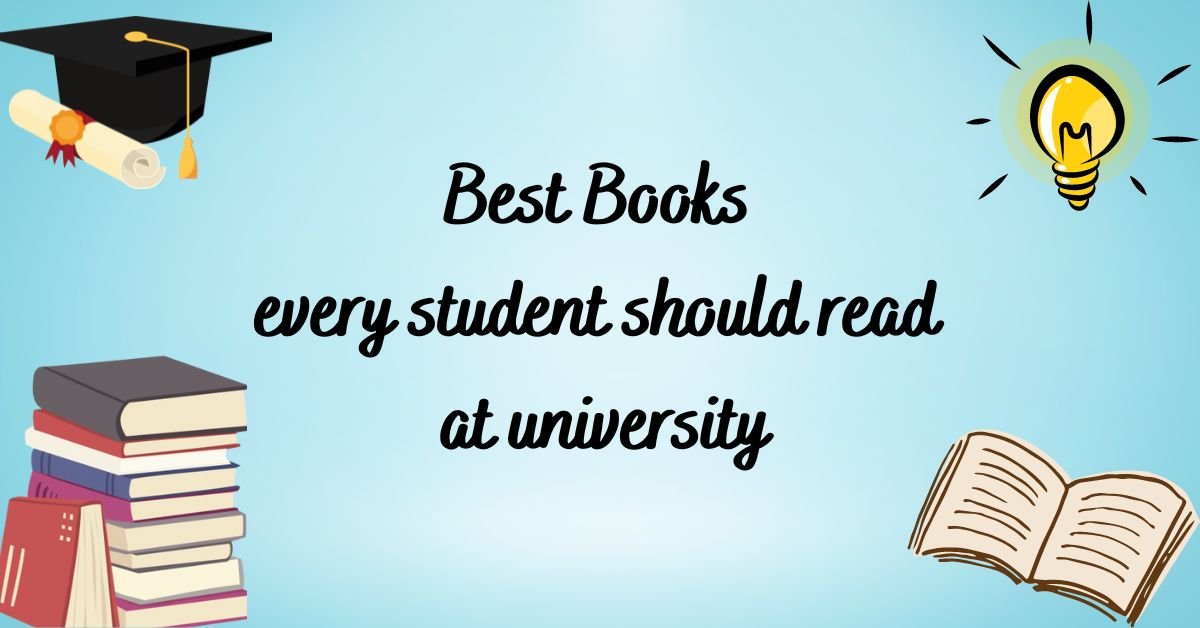Disclosure: The Graduate Samaritan is a free independent blog supported by its readers; this post may contain affiliate links that may earn a tiny commission to help the blog sustain itself, thank you for supporting this independent blog! (full disclaimer here)
Technology has changed how we live, study, and even how we read. In fact, audiobooks are now one of the fastest-growing ways students consume knowledge. At the front of this boom is Audible, Amazon’s audiobook platform.
But the big question is: is Audible worth it for university students—or just another subscription draining your budget?
Let’s break it down and see how Audible works, why students love it, where it might not fit, and how you can grab a free trial step-by-step to test it for yourself.
📖 What Exactly Is Audible?
Audible is Amazon’s audiobook and podcast platform, and it’s massive. Instead of sitting down with a physical or Kindle book, you listen to a professional narrator bring it to life.
Why it’s a big deal for students:
- 📚 Huge library with bestsellers, study resources, and even academic texts.
- 🎧 Perfect for busy schedules—you can “read” while commuting, cooking, or at the gym.
- 📝 More than just books—Audible has podcasts and exclusive content too.
In short, it’s reading reimagined, making knowledge more accessible no matter how busy uni life gets.
🆓 How to Get Audible Free (Step by Step)
Here’s how to claim your free trial:
- Go to the Audible UK Free Trial page.
- Click Start Your Free Trial.
- Sign in with your Amazon account (or create one).
- Add payment details (no charge during trial!).
- Verify your email.
- Enjoy your free credits + Audible Plus!
🎧 Audible – The Ultimate Study Hack!
- 📚 Listen to Textbooks & Study Guides anytime, anywhere.
- 🧠 Boost Focus with expert knowledge and productivity podcasts.
- 🎧 Relax & Unwind with bestselling audiobooks after classes.
- 🔥 Explore New Audiobooks Every Month with your membership!
🔑 How Does Audible Work?
Audible runs on a subscription model. You pay monthly or yearly and get:
- 🎟 Credits – Each credit = 1 audiobook you keep forever.
- 🎙 Audible Plus Catalogue – Unlimited streaming of selected audiobooks, podcasts, and Audible Originals.
👉 Student hack: New users get a 30-day free trial, including 1 audiobook (2 if you’re an Amazon Prime Student member). That means you can test it out before spending a penny.
💷 Audible UK Membership Plans (2025)
Here’s a quick breakdown of the plans available:
- 1 Book Monthly – £7.99/month (1 credit)
- 2 Books Monthly – £14.99/month (2 credits)
- 12 Books Annual – £69.99/year (12 credits upfront)
- 24 Books Annual – £109.99/year (24 credits upfront)
Every plan includes Audible Plus, so you’ll never run out of things to listen to—even if your credits are used up.
🎓 Why Audible Is Worth It for Students
Audible can be a real game-changer at uni. Here’s why:
- Flexibility for Busy Timetables – Multitask while walking to lectures, hitting the gym, or cooking dinner.
- Build Consistent Reading Habits – If you struggle with physical books, listening keeps you engaged.
- Private, On-Demand Learning – No need to lug heavy books around—your entire library is on your phone.
- Academic Edge – Access self-help, productivity, and educational books that genuinely support your studies.
🎙 Why Audible Podcasts Are a Hidden Student Gem
Beyond books, Audible also includes a massive podcast library. Many are educational, breaking down complex topics in ways that are so much easier to understand than textbooks.
- 🔎 Perfect for revision—listen to podcasts that complement your degree.
- 🧠 Helps with deeper understanding—real experts simplify theories and explain tricky concepts.
- 🚆 Great for commuting—use “dead time” to boost your studies.
It’s like having your own private lecture, but way more entertaining.
📚 Best Audible Books for Uni Students
Not sure what to start with? Here are some top-rated picks for university students:
- “Atomic Habits” by James Clear: A guide to building good habits and breaking bad ones, essential for academic success (productivity & focus).
- “Why We Sleep” by Matthew Walker: Understand the importance of rest in productivity (better rest = better grades).
- “The Subtle Art of Not Giving a F*ck” by Mark Manson: A refreshing take on mindset and priorities (mindset reset).
- “Sapiens: A Brief History of Humankind” by Yuval Noah Harari: A compelling overview of human history, offering perspectives valuable for various fields of study (history meets big ideas).
- “Thinking, Fast and Slow” by Daniel Kahneman: An exploration of the two systems of thought that drive our decisions (decision-making).
- “Grit: The Power of Passion and Perseverance” by Angela Duckworth: Insights into the importance of resilience and determination in achieving goals (resilience at Uni and beyond).
- The Power of Now by Eckhart Tolle: A spiritual guide to living in the present moment, reducing stress and enhancing focus (stress management & mindfulness).
These books are available on Audible and are perfect for both personal growth and academic inspiration.
⚠️ Why Audible Might Not Be Worth It for
- Cost Concerns – On a tight student budget, £7.99/month might feel like too much.
- Occasional Readers – If you only want 1–2 books a year, buying them outright could be cheaper.
👉 That said, the Free Trial means you lose nothing by testing it out.
🎧 Free Alternatives to Audible for Students in the UK
While Audible is the biggest name in audiobooks, it’s not the only option—especially if you’re on a tight budget. Here are some free (or cheaper) ways students can listen to audiobooks and podcasts:
- 📚 Libby (OverDrive) – Free with your local UK library card. Borrow eBooks and audiobooks straight to your phone. Selection depends on your library, but it’s surprisingly strong.
- 🎙 BBC Sounds – Packed with free podcasts, radio programmes, and even audiobooks. Perfect for students who want engaging content without spending a penny.
- 🎓 University Library Access – Many UK universities now offer free access to academic audiobooks, journal readings, and even storytelling platforms—check your uni’s digital resources.
- 📖 Project Gutenberg & Librivox – Thousands of classics in the public domain, read by volunteers. Ideal if you’re studying English, History, or Philosophy.
- 🎧 Spotify & YouTube – More creators are uploading audiobooks and long-form readings for free (though the selection can be hit-or-miss).
👉 Pro tip: Mix and match—use Audible‘s Free Trial for new releases or bestsellers while keeping Libby/BBC Sounds for free, everyday listening.
❓ FAQs About Audible for Uni Students
Not directly, but the free trial and discounted annual memberships offer strong value.
Yes—download your books and listen without Wi-Fi or data.
Absolutely. You can cancel it even during the free trial and keep any audiobooks you claimed.
Audible is unique since it boosts both your academic learning and personal growth. Pair it with Amazon Prime Student for maximum value.
🏁 Final Thoughts: Is Audible Worth It for Uni Students?
If you’re someone who:
- wants to read more,
- needs to save time with multitasking,
- or loves learning outside the lecture hall…
👉 then yes, Audible is 100% worth it.
The free trial makes it risk-free, and if you don’t vibe with it, you can cancel before paying anything. But if you stick with it, you’ll unlock a smarter, easier way to consume books and ideas.
🎧 Ready to try? Sign-up for Audible free trial and see if it transforms your student life.
🎓 University Essentials – Everything You Need for Uni
Did you know? We’ve put together tailored student essential lists to help you through every aspect of university life!
- 📝 Student essentials: Everything you’ll need to stay prepared, productive, and comfortable during a typical Uni day.
- 💡 Accommodation essentials: Make your space feel like home (and don’t forget the stuff everyone forgets!).
- 🖥️ Study from home essentials: Tools and tips to create a distraction-free, efficient study setup.
- 🥘 Kitchen essentials: From budget-friendly basics to smart cooking tools that make life easier.
- 🎧 Coolest gadgets for university: Level up your uni experience with tech and tools students actually use.


